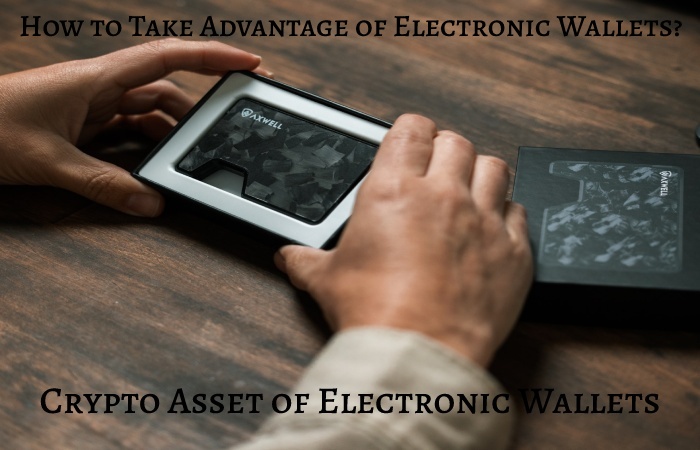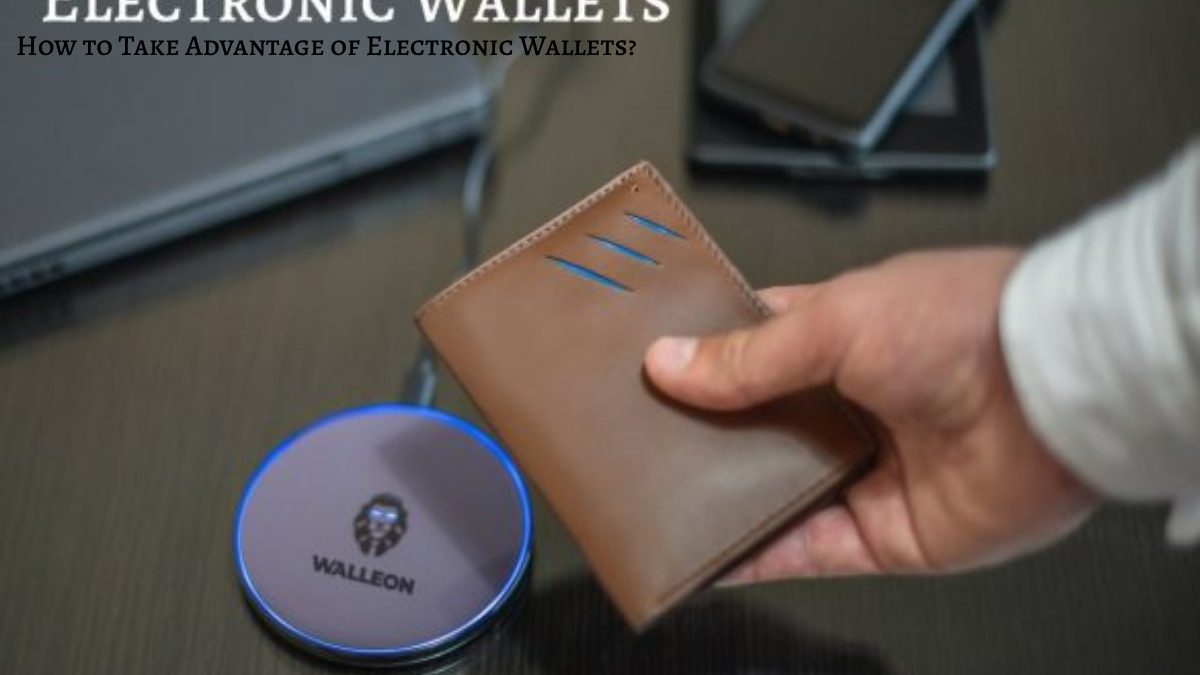Electronic Wallets – We buy a t-shirt, pay at a restaurant, and save tickets for a concert. The classic wallets have given way to electronic purses, streamlining thousands of transactions from the smart devices. In addition to storing our cards, other wallets create for the world of cryptocurrencies.
When we talk about electronic purses, better known as wallets -its denomination in English-, we immediately think of the applications of the smart devices, such as mobile phones or watches, which allow us to make payments in stores, both physical and virtual, and acquire products and services without the need to carry cash. Among the most popular are Google Pay, Apple Pay or Samsung Pay.
Through this digital wallet, we can store the data of our bank cards and pay the amounts in the establishments, thanks to the technology that establishes a bridge between the payment information of the bank account and the provider in charge of managing the transaction.
Table of Contents
To Confirm the Purchase of Electronic Wallets
We must verify the operation through the security method assigned for it: numerical or alphanumeric password, fingerprint, facial recognition, etc. In addition, we will be able to keep track of the expenses made with that card in the same way as in the online banking app.
However, payment is not the only functionality of wallets. To get the most out of them, many offer other services such as saving discount coupons and points cards; or, if we go on a trip or to a concert, we can file our tickets or tickets. In this case, once we make the purchase, we can select the option to save the tokens in our wallets. It is also possible to archive them from the email we receive with the purchase confirmation.
Crypto Asset of Electronic Wallets
As we mentioned at the beginning, when we talk about wallets, we can also refer to those digital wallets used to manage cryptocurrencies such as Bitcoin. They allow you to store your cryptographic keys and make digital signatures with them. Usually, the accounting record of cryptocurrencies do in a distributed manner using blockchain technology. In these records, the possession of cryptocurrencies associate with the ownership of those cryptographic keys. Consequently, whoever has these passwords, has the crypto assets.
In this sense, we must know the two types of keys that electronic purses or wallets store. On the one hand, we would have the private keys: a code that must remain in the strictest confidentiality of the owner since it will be the access to their cryptocurrencies. Users must be very careful and avoid forgetting or losing it, leading to the total loss of funds.

On the other hand, there would be the public keys. A numerical succession that can share without this entailing a risk for the capital. Despite its relationship, we should not confuse this code with the address of the electronic wallet, since the latter is the reduced version of the public key: a combination of letters and numbers that allow us to identify the address as if it were the IBAN of our bank account that we provide to a company to direct debit a receipt, for example. This combination, equivalent to the bank account number, is called the account address.
Thus, These Cryptographic keys are Stored and Managed, as We have Mentioned, in Crypto active Wallets, Applications or Devices that can be:
-
Hot Wallets ( Hot Wallets, in English)
This classification of wallets has the particularity that they connect to the Internet, allowing immediate access to the funds from computers or smartphones and in web browser extensions that we have installed on these. Its use protects by a password, which will make it impossible to access the funds if lost or forgotten.
-
Cold Wallets
they call that because they lack an Internet connection and, therefore, blockchain technology. It has the advantage of attack by remote hacking, unlike hot wallets. The inconvenience of losing all the capital is lost if one of the two types of wallets in which this classification can present. These are hardware wallets, commonly USB devices, and paper wallets, where the wallet address and password write on a physical document.
Conclusion,
Regardless of the type of wallet, it is essential to carry out responsible, safe and knowledgeable management. It highly recommends having backup or contingency systems to minimize the risks to the financial health.

